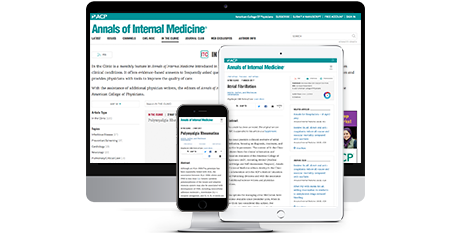Annals in the Clinic
Immune-related adverse events (irAEs) are toxicities that arise after the administration of monoclonal antibodies targeting immune checkpoints (immune checkpoint inhibitors [ICIs]) in patients with cancer. They can occur at any time after initiation of ICI treatment, with a broad clinical phenotype that can be organ-specific or systemic. Although most irAEs manifest as mild to moderate signs and symptoms, severe forms of irAEs can lead to irreversible organ failure and have acute life-threatening presentations. Treatment should be tailored to the specific organ involved and the severity. Glucocorticoids are the first-line treatment for most irAEs, with immunosuppressants and biologics mainly used as second-line treatments.



